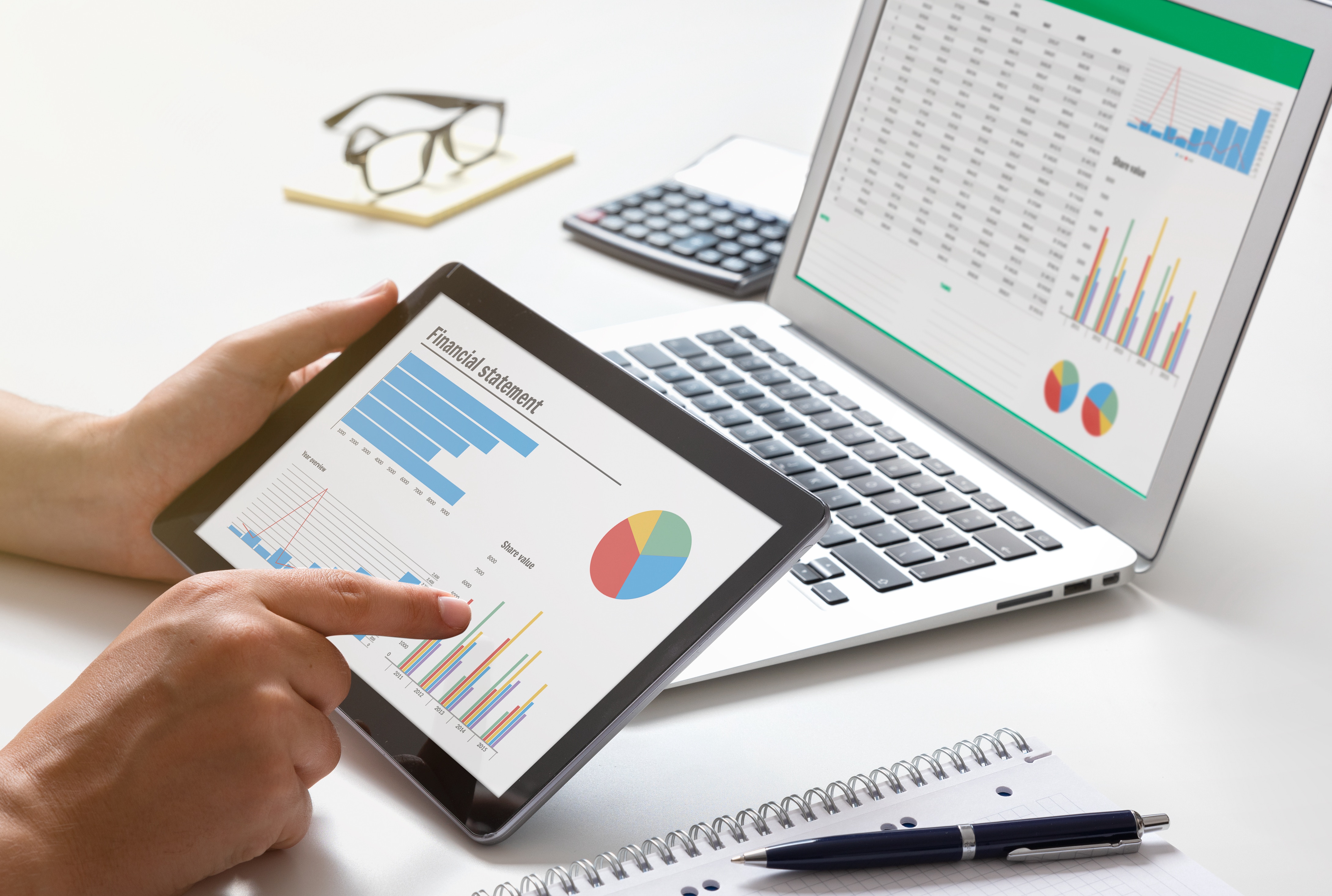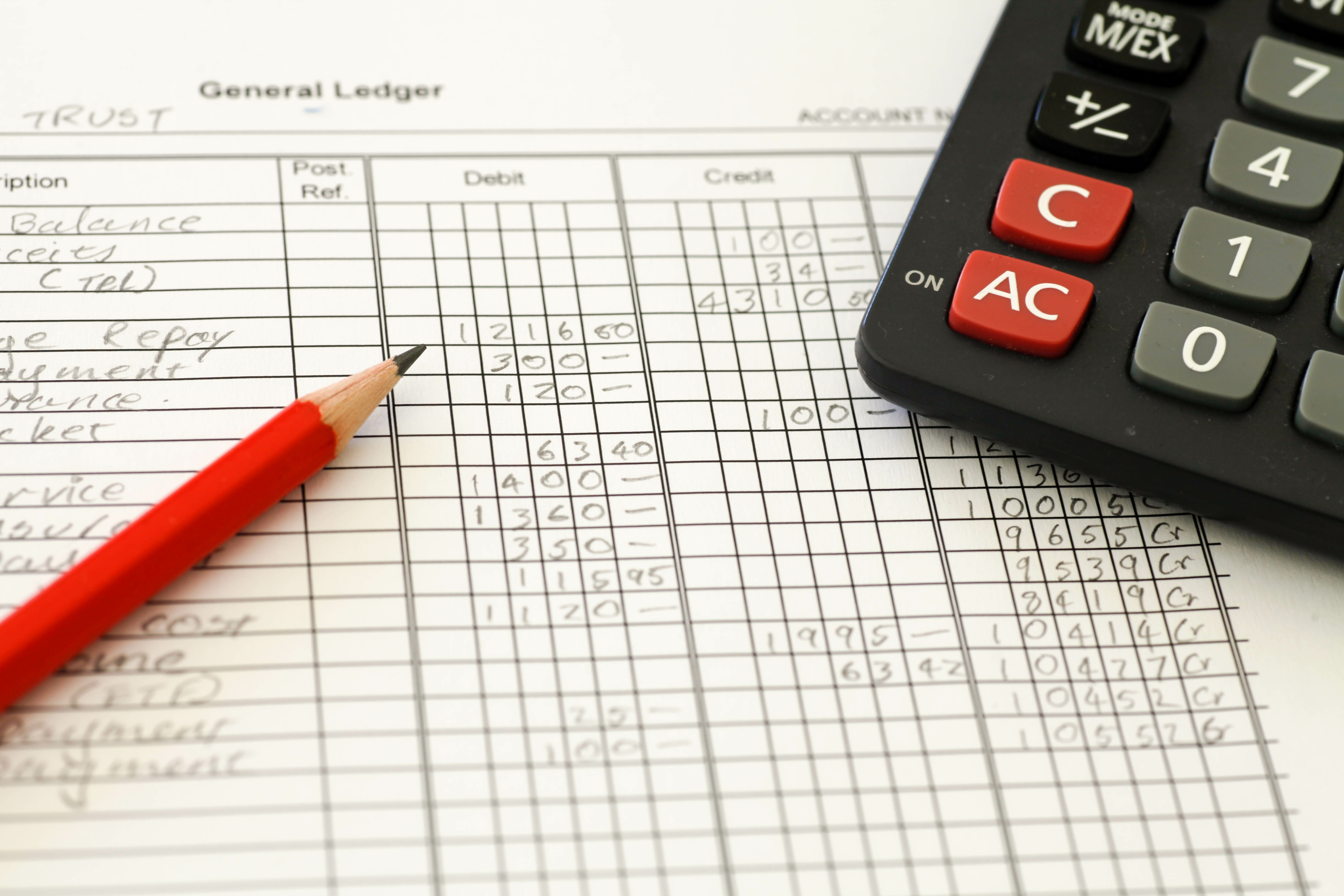A business account is a bank account for a small business. Like your personal bank account, these accounts allow companies to pay bills, purchase assets and inventory, and save for an emergency expense. Using this type of account will enable owners to separate their personal financial information from their company’s financial information.
To financially function efficiently, small businesses need the right fit of bank account to suit their needs. As a small business owner, you need to understand the ins and outs of business accounts to determine the right one for your company before signing with a financial institution.
So, where should you start when considering opening a business account?



